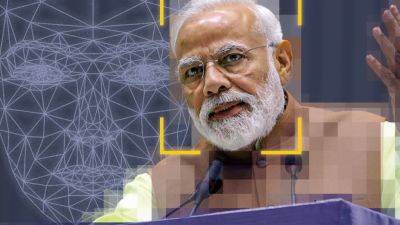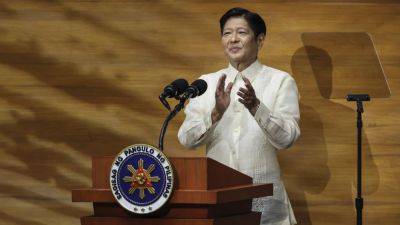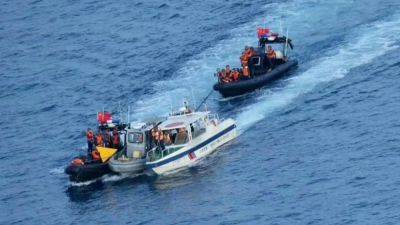Malaysia-Philippines diverge on China in South China Sea
At the recent 37th Asia-Pacific Roundtable in Kuala Lumpur, differences between Southeast Asian nations on the South China Sea issue played out across panels, speeches and off-the-cuff comments, even as delegates discussed regional cooperation opportunities and ASEAN centrality in an environment of worsening great power tensions.
Malaysia’s National Security Council director-general Raja Dato Nushirwan Zainal Abidin said the South China Sea constitutes 4% of the bilateral relationship between Malaysia and China at best. This statement comes as Malaysia has de-emphasized the South China Sea issue and reiterated its willingness to negotiate with China.
In April last year, Prime Minister Anwar Ibrahim said he was willing to engage with China over its concerns that Petronas, a Malaysian energy state-owned enterprise, was developing a carbon capture project in the Kasawari gas field, an area to which both countries lay claim.
Anwar was criticized by the domestic opposition for allegedly validating China’s claim to the area, a charge that Anwar defended by insisting that he was simply open to negotiations. True or not, Anwar continues to stress the need to negotiate with China and for Beijing to abide by the rules outlined in the ASEAN Code of Conduct.
The problem is other claimant countries, certainly the Philippines, may not see negotiations as the best way forward in countering China’s activities in the South China Sea. Under the leadership of Ferdinand Marcos Jr, Manila has u-turned from its previously closer ties with China under the Duterte administration.
An escalation in confrontations between Manila and Beijing in recent months has been reflected in increasingly worrying rhetoric from both sides. Marcos warned that







